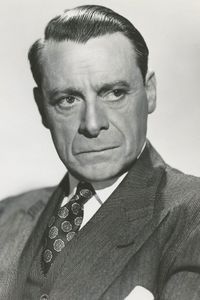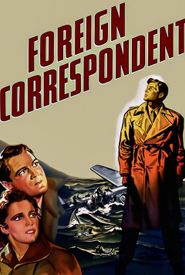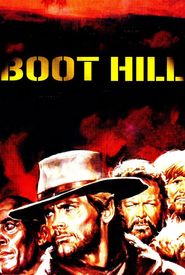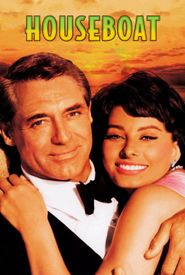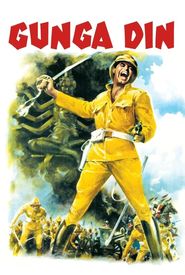Eduardo Ciannelli was born on the picturesque island of Ischia, situated in the Bay of Naples, renowned for its thermal baths. His father, a physician, owned a health spa there, and Eduardo briefly followed in his father's footsteps, studying medicine at the University of Naples and graduating as a fully qualified doctor. However, his true calling lay elsewhere. He initially gained prominence as a leading baritone opera star, performing at La Scala and touring internationally. Subsequently, he reinvented himself as a dramatic actor on stage and screen, first in Europe and then in America, starting from 1919.
He made his Broadway debut in the short-lived play "Always You" in 1920, followed by notable roles in "Rose-Marie" (1924-1926),"The Front Page" (1928-1929),and "Uncle Vanya" (1930). He reprised his stage role in "Reunion in Vienna" (1931-1932) in the MGM movie of 1933. With his distinctive features, including his heavily-lined face, piercing eyes, and erudite Italian-accented manners, Ciannelli was often cast as Italian gangsters, allegedly due to a resemblance to the infamous Lucky Luciano.
One of his most celebrated roles was as Trock Estrella in "Winterset" (1936),which the New York Times review of December 4, 1936, described as the film's "most compelling characterization." This set the pattern for many of Ciannelli's later efforts, such as his smooth and elegant portrayal of Johnny Vanning in "Marked Woman" (1937) and Rockey in "Law of the Underworld" (1938). Other notable villains in his repertoire include the maniacal leader of the Kali sect in "Gunga Din" (1939) and the suave evil genius, titular villain in the Republic serial "Mysterious Doctor Satan" (1940).
Attempting to shake off his typecast "bad guy" image, Eduardo appeared as the jovial speakeasy proprietor Giono in "Kitty Foyle" (1940). Following that, his screen roles began to diminish. Changing his name to Edward Ciannelli failed to re-ignite his career. In 1952, he returned to Italy to appear in continental co-productions, occasionally re-surfacing in Hollywood sword-and-sandal epics such as "Attila" (1954),"Helen of Troy" (1956),and "Love Slaves of the Amazons" (1957). He also continued to portray Godfather-types in film and on television, including "The Brotherhood" (1968),"Stiletto" (1969),"Naked City," "The Untouchables," and "I Spy." Among his last notable roles, one must include "Houseboat" (1958),as Arturo Zaccardi, and a recurring character part, jazz club owner Waldo, in the television series "Johnny Staccato" (1959).
